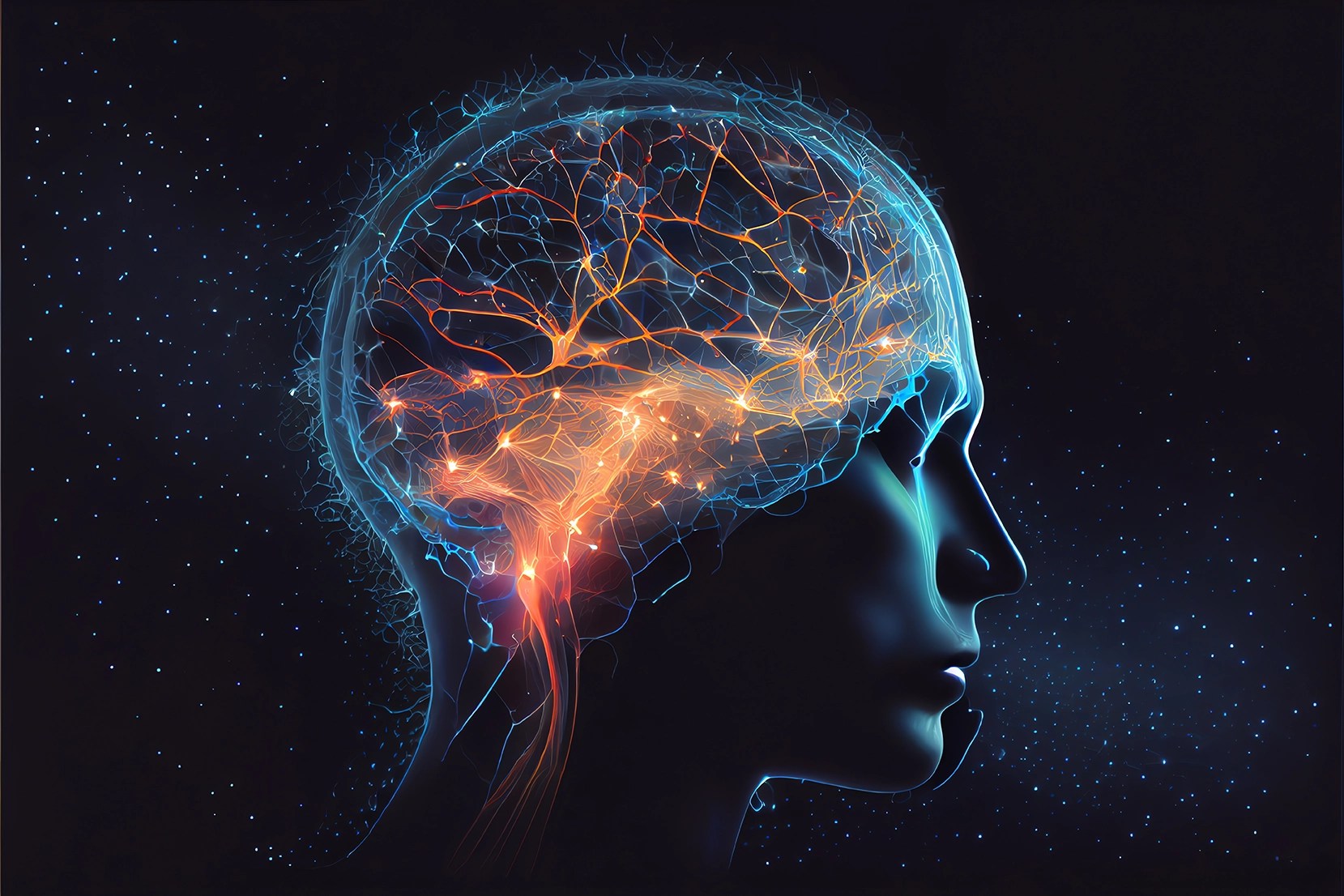Experience-Expectant Plasticity: The Brain’s Incredible Ability To Adapt!
Have you ever wondered how our brains seem to effortlessly adapt to new experiences and environments? This remarkable phenomenon is known as experience-expectant plasticity, a fundamental aspect of brain development that allows our neural circuits to reorganize in response to the stimuli we encounter throughout our lives. From the early years of childhood, when our brains are particularly receptive to learning, to the ongoing adaptability we experience as adults, this incredible ability underscores the dynamic nature of our minds. In this blog post, we will explore the science behind experience-expectant plasticity, its implications for learning and development, and how understanding this process can help us harness our brain's potential to thrive in an ever-changing world.
How Neuroplasticity Changes The Brain
Experience-expectant plasticity refers to the brain's remarkable ability to adapt and reorganize itself in response to environmental stimuli and experiences, particularly during critical periods of development. This dynamic process involves the strengthening and formation of neural connections based on the experiences we encounter, allowing the brain to optimize its functioning for the demands of the surrounding world. For instance, when infants are exposed to language, their brains develop the necessary pathways to process and understand it, demonstrating how early experiences shape neural architecture. As we continue to engage with our environment throughout life, neuroplasticity enables us to learn new skills, recover from injuries, and even adapt to changes in sensory input, highlighting the brain's incredible resilience and capacity for change.
 home.hellodriven.com
home.hellodriven.com Brain Pp
Experience-expectant plasticity refers to the brain's remarkable capacity to adapt and reorganize itself in response to environmental stimuli and experiences, especially during critical developmental periods. This phenomenon highlights how the brain is pre-wired to expect certain types of input, such as language, social interaction, and sensory experiences, which shape its structure and function. For instance, infants are born with a high degree of neural plasticity, allowing them to learn and process information rapidly as they navigate their surroundings. This adaptability not only underscores the importance of early experiences in shaping cognitive development but also illustrates the brain's ability to form new connections and pathways, making it a dynamic organ that continues to evolve throughout life. Understanding experience-expectant plasticity can inform educational practices and therapeutic approaches, emphasizing the need for enriching environments that stimulate brain development during these crucial formative years.
 www.slideshare.net
www.slideshare.net Experience-expectant Plasticity In The Mushroom Bodies Of The Honeybee
Experience-expectant plasticity in the mushroom bodies of honeybees showcases the remarkable adaptability of their brains, allowing them to optimize learning and memory based on environmental experiences. These specialized structures, which play a crucial role in processing sensory information and integrating it with learned behaviors, undergo significant changes in response to stimuli encountered during the bees' foraging and social activities. As honeybees navigate their complex environments, their mushroom bodies develop new neural connections and strengthen existing ones, ensuring that their cognitive abilities evolve in tandem with their experiences. This fascinating phenomenon not only highlights the flexibility of the honeybee brain but also underscores the broader principles of experience-expectant plasticity that govern brain development across species.
 learnmem.cshlp.org
learnmem.cshlp.org Neuroplasticity: How Our Brains Evolve And Adapt
Neuroplasticity, the brain's remarkable ability to adapt and reorganize itself, plays a crucial role in how we experience and respond to the world around us. This phenomenon, known as experience-expectant plasticity, occurs when the brain forms new neural connections in response to specific environmental stimuli or experiences, particularly during critical periods of development. For instance, as children learn to speak or navigate their surroundings, their brains undergo structural changes that enhance their cognitive abilities and sensory processing. This adaptability not only highlights the brain's resilience but also underscores the importance of enriching experiences in shaping our neural architecture. Whether through learning new skills, engaging in social interactions, or overcoming challenges, our brains are continually evolving, demonstrating that we have the power to influence our cognitive and emotional growth throughout our lives.
 thebraindocs.com
thebraindocs.com Plasticity Of The Brain
Experience-expectant plasticity refers to the brain's remarkable ability to adapt and reorganize itself in response to environmental stimuli and experiences, particularly during critical developmental periods. This type of plasticity is essential for normal brain development, as it allows neural connections to form based on the experiences that an individual encounters in their early life. For instance, the brain is primed to learn language, recognize faces, and develop motor skills, all of which rely heavily on the experiences that a child has during formative years. When these experiences are abundant and varied, the brain can create robust neural pathways that enhance learning and cognitive function. However, when these experiences are limited, it can lead to gaps in development, underscoring the importance of rich, engaging environments for young minds. Understanding experience-expectant plasticity not only highlights the brain's incredible adaptability but also emphasizes the critical role that early experiences play in shaping our cognitive abilities and overall mental health.
 www.youtube.com
www.youtube.com You Might Also Like: Fubo Card Declined How To Fix It And
Related tags: Brain plasticity, Experience-expectant brain plasticity corresponds to caste-specific, Experience expectant versus experience dependent in brain growth, Brain plasticity: how experience changes the brain, Experience-expectant plasticity in the mushroom bodies of the honeybee, Solved 1. which of the following is an example of